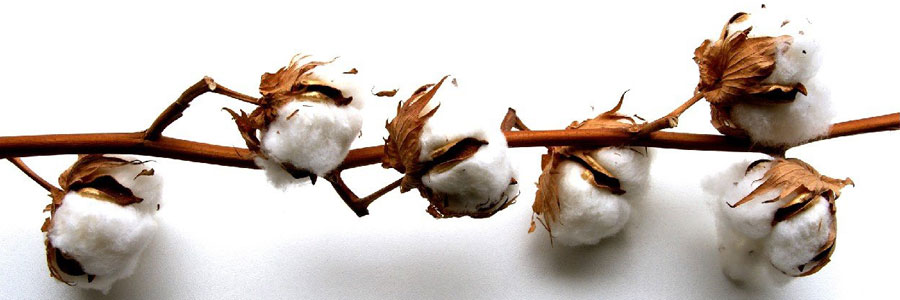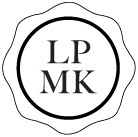- Français
- English
No products

Our Commitments
For many years, we decided to produce our T-Shirts, purchase of cotton to the final transformation of the product, we keep an eye on all the stages of transformation, but too many questions stayed without answer, so we decided to change the production system because we believe that the textiles industry has to start acting a lot more responsibly. As we see it, change is the only option. And that starts with being aware that every purchasing choice can make a difference. For this we choose suppliers that are committed to genuine sustainability right through their supply chain. Their affiliation with Fairwear Foundation (Corporate Social Responsibility) as well as their high standard certifications (GOTS, OCS 100, OCS Blended, OEKO TEX, REACH) prove their commitment to sustainable practices.
Social responsibility and Sustainable manufacturing
Social responsibility
Our suppliers have adopted a robust policy with regard to the following minimum social responsibility criteria:
No use of child labour, no use of forced labour, safe and healthy working conditions, payment of living wage, no discrimination against employees, no excessive hours of work.
Our suppliers have been running a social responsibility programme as a member of Fair Wear Foundation. All the Company’s manufacturing facilities are regularly audited for social compliance and are running active monitoring programmes in accordance with standards advocated by the International Labour Organisation.
Sustainable manufacturing
Sustainable manufacturing is the creation of manufactured products through economically-sound processes that minimize negative environmental impacts while conserving energy and natural resources. Sustainable manufacturing also enhances employee, community, and product safety.
The cotton used in the manufacture of our products is certified Global Organic Textile Standard (GOTS), this label allows us to guarantee the organic origin of the fibers and ensures that at all stages of production and processing of textile production processes used be socially responsible and environmentally friendly.
Organic cotton has many advantages for the consumer by his qualities of softness to the touch and anti-allergenic properties for the farmer because it avoids the manipulation and the intensive use of fertilizers and chemical pesticides harmful to his health and to the environment.

Certification
GOTS
Global Organic Textile Standard (GOTS) is recognised as the world's leading processing standard for textiles made from organic fibers. It defines high-level environmental criteria along the entire organic textiles supply chain, including restricting the use of chemical substances and requiring compliance with social criteria.
Oeko tex
OEKO-TEX¨ Standard 100 is a globally uniform testing and certification system applying to raw materials used in textiles, intermediate and end products, at all stages of production.
Textile products may be certified according to OEKO-TEX¨ Standard 100 only if all components meet the required criteria without exception.
Fair Wear
Fair Wear Foundation (FWF) is an independent nonprofit organisation working with companies and factories to improve labour conditions for textile and garment workers. FWF tracks the improvements made by the companies it works with. And through sharing expertise, social dialogue and strengthening industrial relations, FWF increases the effectiveness of the efforts made by companies.
For more information, please visit the following websites:
http://www.global-standard.org/fr/

